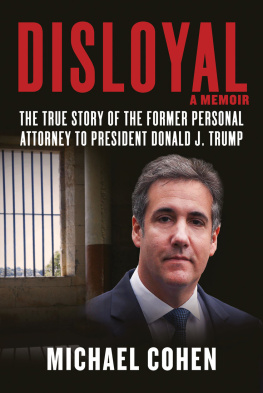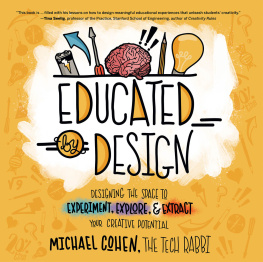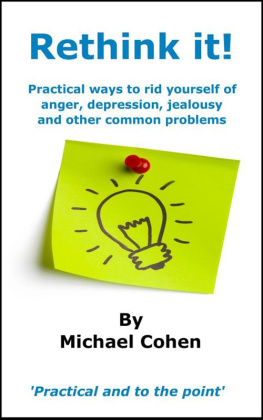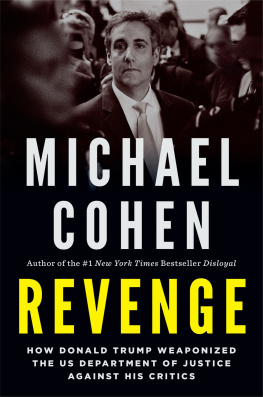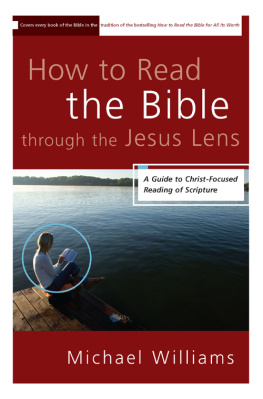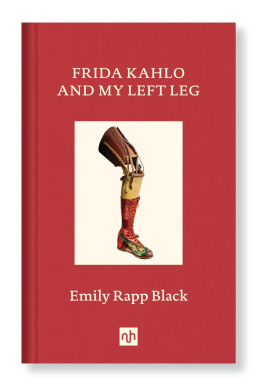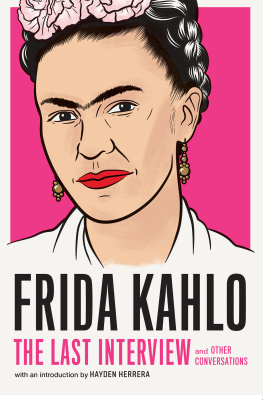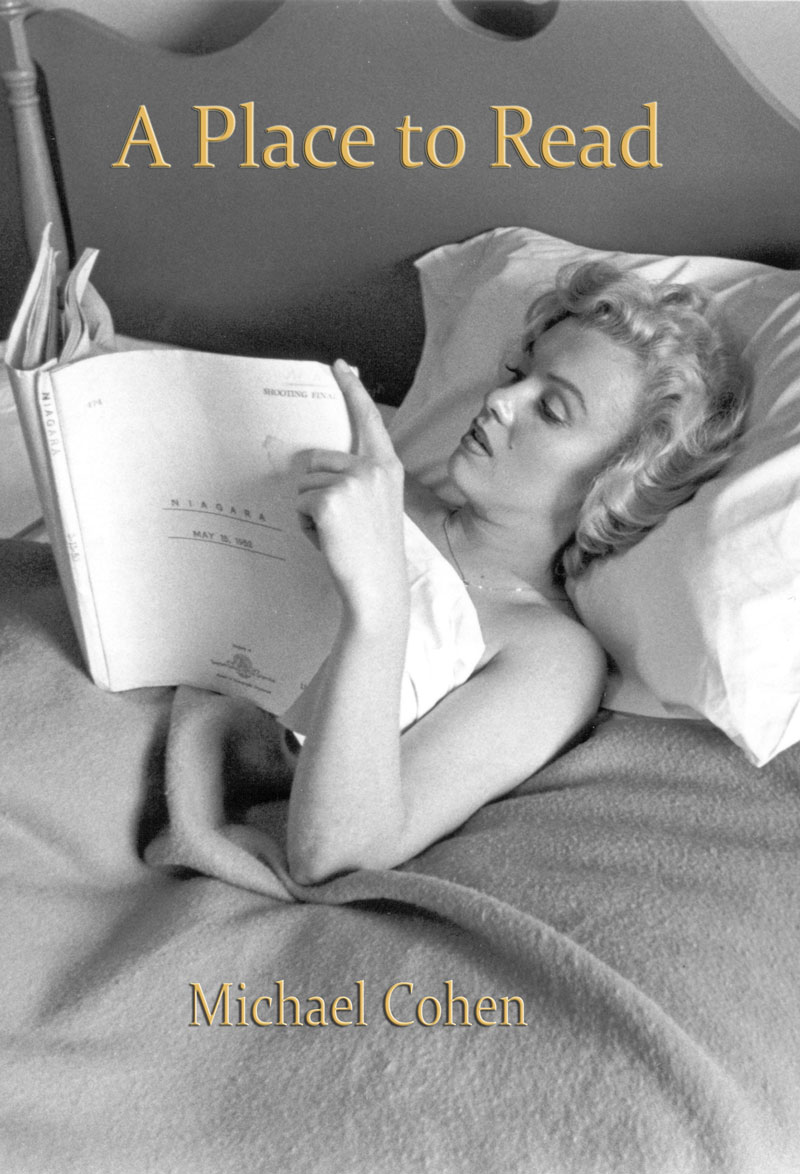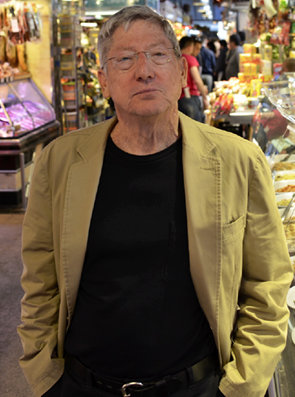Preface
I used to write academic books. When I retired from teaching, I began to write and publish personal essays. Some of the published essays, plus a few that have not seen print before, make up the chapters of this book. It is an accidental memoir composed of looks backward at my life from the perspective of my seventh decade, not a chronological record of what happened to me. Many of these chapters have more to say about my reading than about my life, although my point is that this may often be a distinction without a difference.
Why the essay form? I think, for me, the reason is that essays tell a kind of truth not found elsewhere. Its not quite the literal truth many people mistakenly equate with all nonfiction writing, but a truth that only emerges in the act of writing and in this form.
Scott Russell Sanders starts his essay The Inheritance of Tools with a coincidence: at the moment his father is dying, the author is using one of the tools his father gave him, and in fact it is causing him pain: he hits his thumb with a hammer. Did this really happen? the cynical reader may be forgiven for asking. Of course it does not matter whether it happened or not. An essay is neither biography nor journalism. Even if it were the one or the other, the experienced reader expects some invention, imagination, or adjustment of the facts. The writers page is the artists blank sheet. Nobody knows whats really there until you draw it, my old drawing teacher used to say. When a student defended a confusing or ambiguous shape by saying But thats what was there! Youre responsible for whats on the page you create, hed say, not some accident of nature.
Essays offer a kind of truth available nowhere else, a truth that comes in the juxtaposition of experiences, placed by the mind in different arrangements until connections become clear. Essay writing is for me a mode of discovery that facilitates and enlarges memory; I find out more about myself in the writing than I knew before. So do my friends and family. Amusing notion, writes Montaigne, many things that I would not want to tell anyone, I tell the public; and for my most secret knowledge and thoughts I send my most faithful friends to a booksellers shop.
Dan and Matt and Katharine Cohen have been extraordinarily helpful during the writing of this book and to them I give my thanks and love. Thanks also to David Earnest, who read every word and caught many errors; all those that remain are mine.
1. Location, Location, Location
In the middle of my new parlour I have, you may remember, a curious republic of industrious hornets... My family are so accustomed to their strong buzzing, that no one takes any notice of them.
de Crevecoeur, Letters from an American Farmer (1782)
Sometimes, waking suddenly, I dont know where I am. The room, the city, even the country will not come clear; they wait for the conscious minds wheels to take hold on the firm ground of the here, of location. Waking slowly, I never have this limbo moment of unlocation. While my mind rises from unconsciousness to consciousness, vibrations, the airs wetness or dryness, the rooms closeness or expanse, and above all, the sounds have located me firmly before I reach the surface. Every location has these distinctive markers. Even in the quiet of night there are sounds that say unequivocally, This is a west Kentucky June midnight, or It is just before dawn in the Tucson Mountains.
For these are the two places where I spend most of my time. Not that I couldnt be waking elsewheresome town where I lived months of my life, such as Ankara or New Orleans, London, Madrid, or even Springfield, Ohio, where my family spent a miserable but memorable winter when I was seven. I could even be waking in a place Ive never been before. One has those wakings, caused by the slowing of the train and the change in noises; peering out of the always grimy windows with eyes blurred by sleep and lack of eyeglasses (Where are they? Good Lord, tell me theyre not in the berth with me and that I havent crushed them!), one sees the spire of a church sliding leftwards in the middle distance. Is this York? Is that the dome of St. Eustace? Can we have reached Edinburgh already? How far have I come? As much as I enjoy it, traveling is a transition, and I am not myself while traveling. But the usual mechanism works to try to locate me. It is as if clear perception and thinking were tied to knowing where one is, like those telescopes that start with an extremely accurate fix of their locations derived from the satellites of the Global Positioning System. They listen for signals, triangulate, find exactly where they are, and then they can think, can find any star or other celestial object in their memories.
These two places where I live: the Blood River basin on Kentucky Lake and the eastward slope of the Tucson Mountains, though they are so different, have shaped my experience and perception. They also have made notches, default settings, if you will, in whatever interior position finder I have. I grew up in Tucson, but more importantly spent my college years there, married there, and my first son was born there. A landscape where the eye can reach unobstructed to the horizon always seems more comfortable to me than one where trees or hills stop the eye. But for thirty years, almost all of my working life, I have lived in Kentucky, where I learned about deciduous forest, wide river bottoms and lakes, unsubtle seasonal change. Sailing became a new love, and clear winter skies far away from any city enchanted me. In both these places I feel located. I suspect some of the new regionalists like Wendell Berry, reading that last sentence, would snort that it is not possible to be located in two places, that such rootlessness is part of the reason the country is in such a pitiful condition. My own sense of being located differs from theirs in an important way: the ties I have to place were not bound up before I was born, nor yet in early childhood. I built attachments to these places through an adults reflection and association. And location for me is a present state. But this is to simplify too radically the very complicated notion of where I am at home and how I locate myself. Locating turns out to be a process that is not independent of time and culture, although for me, it is remarkably free of the usual associations of home.
Let us begin by being precise. My house on the Blood River is at north latitude 36 02 24 and west longitude 88 04 41. My house in the desert is at north latitude 32 16 30 and west longitude 111 03 38. I know these numbers because I have studied a navigation chart of Kentucky Lake (mile 41.5 to mile 57.8) and a topographical map of the Tucson Mountain area that includes my house there. Why? Because I am interested in what can be seen in the sky. Because, as it turns out, internet programs that will tell you whats in the night sky at any given timeright down to the exact derivation of the space junk you may see orbiting overhead (is it a Russian Okean satellite or a spent booster rocket?)these programs ask for your exact location. Your location determines the precise time and the precise direction in the sky where you will see transient phenomena like orbiting space junk or comets, as well as, perennially recurring sights such as the constellation of Hercules at its zenith.


